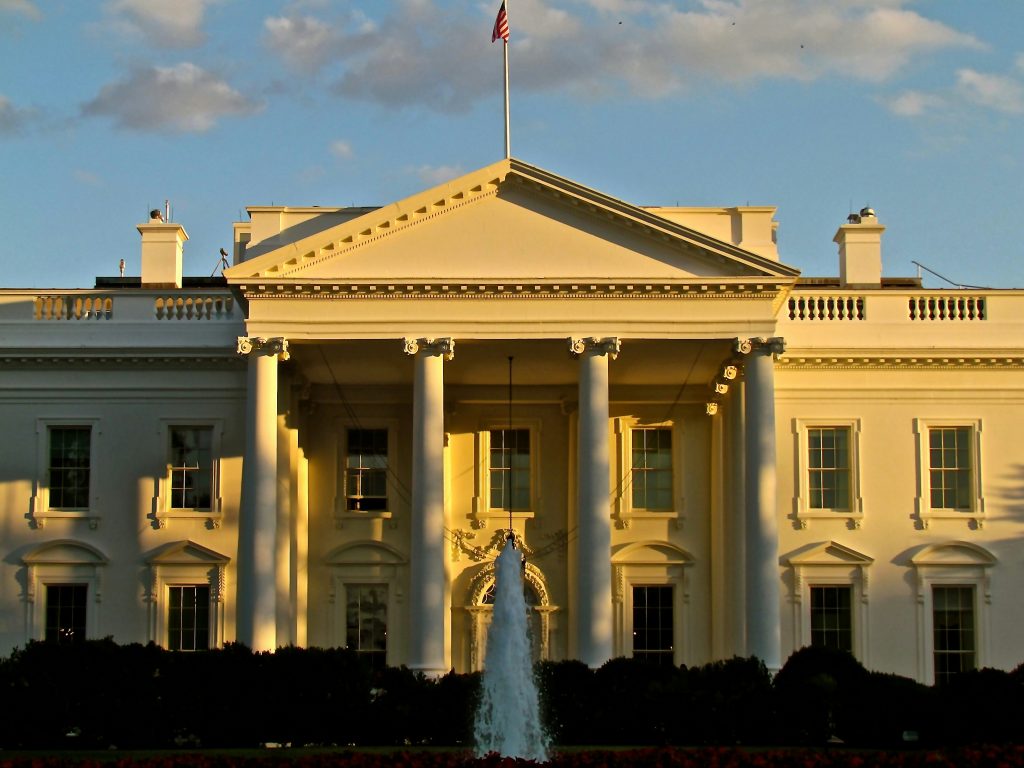I Robot Esq.—Artificial Intelligence’s Impending Takeover of the Legal Profession

By David K. Korn*
“Your Honor, ChatGPT, presenting on behalf of the Petitioner.” Over the past few decades, automation has slowly replaced blue collar jobs across industries while white collar industries, particularly the practice of law, have enjoyed relative immunity to technological displacement. Professional rules restricting the unauthorized practice of law, strict limitations on fee arrangements, and the inherent uniqueness of routine legal problems have rendered law practice impossible or, at the very least, impractical, to automate. LegalZoom is the best attempt thus far to automate aspects of the legal profession, and it has been plagued by both lawsuits and legal scholars questioning its legality since its inception.[1] Even the most straightforward legal procedures, such as will drafting and divorce, still require consulting an attorney. A new artificial intelligence (“AI”) called ChatGPT is poised to change that.
ChatGPT is a new AI developed by OpenAI that uses language models to generate responses to any question. Within a week of its November 2022 launch, ChatGPT amassed millions of users who discovered the program could write essays, debug computer code, and carry on complex conversations.[2] Among those users were lawyers. ChatGPT could answer questions like: “How do I file a brief with the Arizona District Court?” “Can I adversely possess my neighbor’s land if I plant a tree on it?” and “How do I answer a motion to dismiss?” While the answers were slightly verbose, they could be easily mistaken for a legal intern’s work product.[3] As the AI improves with the help of investors like Microsoft, ChatGPT’s answers and legal skills will only become more sophisticated.
ChatGPT has already passed its first semester of law school.[4] The AI took four finals along with students at the University of Minnesota Law School— Constitutional Law: Federalism and Separation of Powers, Employee Benefits, Taxation, and Torts.[5] Researchers discovered the program accurately summarized appropriate legal doctrines, correctly recited the facts and holdings of specific cases, and even highlighted relevant legal doctrines without prompting.[6] Its essays were clear, cohesive, and maintained a consistent tone throughout.[7] Given three more years, ChatGPT’s grades would have been sufficient to graduate.[8]
Unbeknownst to the general public, AI has already seeped into roles that have long been reserved for human actors. In 2014, Deep Knowledge Ventures, a Hong Kong venture capital firm, appointed an AI to its board of directors.[9] In 2016, Nordic company Tieto appointed AI “Alicia T” to its business leadership team.[10] In the United States, AI “Einstein” comments on Salesforce business proposals during the company’s weekly staff meetings, accurately singling out executives who will not make their quotas.[11] In the coming decades, all managerial jobs are likely to be replaced or augmented by AI. Because the majority of the average manager’s day-to-day tasks are administrative, current AI can already accomplish such work more cheaply and with fewer errors.[12]
However, AI still has a long way to go before being accepted to the bar. ChatGPT consistently scored at or near the bottom of the class. Its grades, while theoretically passing, would have placed a student on academic probation. On some multiple-choice tests, it performed barely better than random chance. In the real world, it is unlikely ChatGPT would be able to comply with the standard of care required of a lawyer. With the exception of administerial tasks, legal problems are simply too important to be left to a subpar performer, even if doing so would reduce costs.
What AI advancement means for the legal profession is best articulated by ChatGPT itself:
“In conclusion, while AI will play an increasingly important role in the legal industry, it is unlikely to replace lawyers entirely. Instead, it will help lawyers to work more efficiently and effectively and improve access to legal services for all. However, it is important to ensure that the development and use of AI in the legal sector is guided by ethical and legal principles that protect the rights of individuals and ensure that the use of AI is transparent and accountable.”
* J.D. Candidate, Class of 2024, Sandra Day O’Connor College of Law at Arizona State University.
[1] Emily McClure, LegalZoom and Online Legal Service Providers: Is the Development and Sale of Interactive Questionnaires that Generate Legal Documents the Unauthorized Practice of Law?, 105 KY. L.J. 563, 564 (2016).
[2] Tom Dotan, ChatGPT Spotlights Microsoft’s Early Efforts to Monetize AI, WALL ST. J. (Jan. 29, 2023, 5:30 AM), https://www.wsj.com/articles/chatgpt-spotlights-microsofts-early- efforts-to-monetize-ai-11674964348?st=y9gyyka9t5pphar&reflink=desktopwebshare_permalink.
[3] Id.
[4] Jonathan H. Choi et al., ChatGPT Goes to Law School 1-16 (Minn. L. Studs. Rsch. Paper No. 23-03, 2023), https://papers.ssrn.com/sol3/papers.cfm?abstract_id=4335905.
[5] Id.
[6] Id. at 8.
[7] Id. at 9.
[8] Id. at 5.
[9] Press Release, Charles Groome, Deep Knowledge Ventures, Deep Knowledge Venture’s [sic] Appoints Intelligent Investment Analysis Software VITAL as Board Member (May 13, 2014), https://www.globenewswire.com/news-release/2014/05/13/635881/10081467/en/Deep- Knowledge-Venture-s-Appoints-Intelligent-Investment-Analysis-Software-VITAL-as-Board- Member.html.
[10] Helsinki, Tieto the First Nordic Company to Appoint Artificial Intelligence to the Leadership Team of the New Data-Driven Businesses Unit, BLOOMBERG (Oct. 16, 2016, 11:48 PM), https://www.bloomberg.com/press-releases/2016-10-17/tieto-the-first-nordic-company-to-appoint- artificial-intelligence-to-the-leadership-team-of-the-new-data-driven-businesses-unit.
[11] David Reid, Marc Benioff Brings an A.I. Machine Called Einstein to His Weekly Staff Meeting, CNBC (Jan. 25, 2018, 4:49 AM), https://www.cnbc.com/2018/01/25/davos-2018-ai- machine-called-einstein-attends-salesforce-meetings.html.
[12] Martin Petrin, Corporate Management in the Age of AI, 2019 COLUM. BUS. L. REV. 965, 972 (2019); The Board Perspective (McKinsey & Co. No. 2, 2018), https://www.mckinsey.com/~/media/McKinsey/Featured%20Insights/Leadership/The%20board% 20perspective/Issue%20Number%202/2018_Board%20Perspective_Number_2.pdf.


